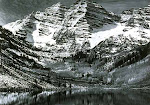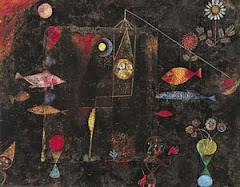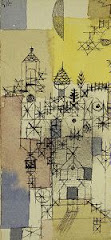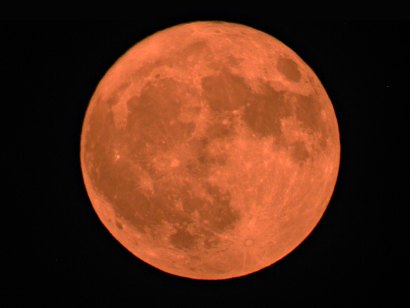The son of the Russian-born drawing master and watercolorist, Alexander Cozens, John Robert Cozens was born in London. He studied under his father and began to exhibit some early drawings with the Society of Artists in
Cozens executed watercolors in curious atmospherical effects and illusions which had some influence on Thomas Girtin and J.M.W. Turner. Indeed, his work is full of poetry. There is a solemn grandeur in his Alpine views and a sense of vastness, a tender tranquillity and a kind of mystery in most of his paintings, leaving parts in his pictures for the imagination of the spectator to dwell on and search into. John Constable called him "the greatest genius that ever touched landscape." On the other hand, Cozens never departed from his primitive, almost rudimentary, manner of painting, which causes several of his works to look very like colored engravings.
See also English school of painting












